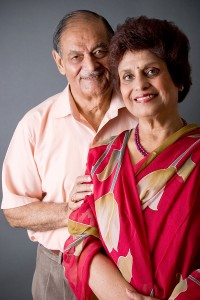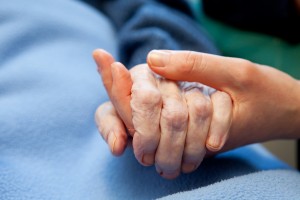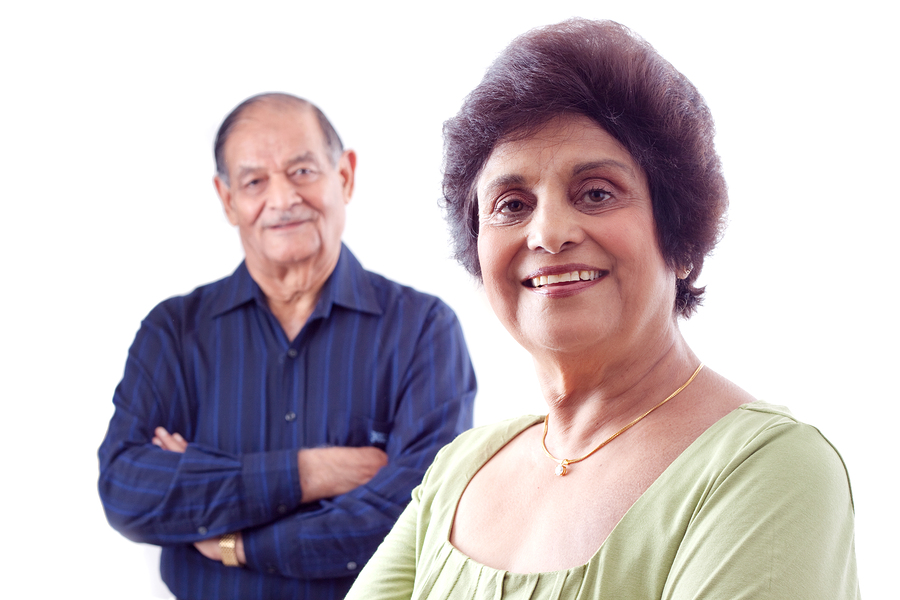By MySahana Team @mysahana & online at: mysahana.org

Editorial Partner
With the significant rise of South Asian seniors living abroad, there is an increased urgency in better understanding the factors related to developing depression in the elderly. In addition, new research is being conducted to identify the symptoms of depression in South Asian seniors. Many researchers have concluded that the depressive symptoms in the South Asian elderly population are different, not only from their Western counterparts, but from younger South Asians as well.
Here are the most common signs and symptoms of depression in South Asian elders:
Decreased activities and interests. For both men and women, a marked decline in their usual interests and activities is a sign of depression. Examples include no longer being interested in the books they used to enjoy, enjoying their favorite meal, or spending time with their family, etc. Research has found that this symptom is most prevalent in South Asians over the age of 65 regardless of how long they have lived abroad.
Feeling bored often. South Asian men and women over the age of 65 also report feeling bored often. They may describe feeling agitated, unable to focus or not knowing what to do. All of these are signs of listlessness, a common symptom of depression. Seniors with this symptom may be seen walking aimlessly around the house, trying different activities but stopping after a few minutes, appearing as if they’re searching for something that they can’t find or having a distant emotionless look on their face.
Frequently worrying about the future. This symptom, prevalent in both men and women, is especially common in aging South Asians who have lived abroad for less than 10 years. They may seem more anxious than usual, pacing back and forth, often questioning about details regarding the future and rarely feeling satisfied with the answers.
Feeling restless and fidgety. Related to feeling bored and anxious, they may feel as if they have no direction or nothing that keeps them sufficiently occupied. Seniors who experience this symptom are more likely to have trouble sleeping and may appear more sullen. They may tell you that they want something but they are not sure what that something is. These seniors will have trouble sitting still and may appear as if they have limitless energy when in fact their bodies are being pushed too far without them realizing it.
Increased problems with memory. Elderly women also are more likely to complain of having problems with memory. Often this symptom is mistaken for the normal aging process. However, many researchers have found that being depressed at any age significantly affects memory. If this symptoms is present with at least one other, it is a sign that the South Asian elder in your family is likely to be depressed.
Frequently upset over little things. South Asian women, more than men, have reported feeling upset over little things. When people of any age are depressed, emotions, decisions and situations become very overwhelming. This can cause the individual to feel upset, which is most often expressed by anger, frustration or resentment in South Asians.
 Feel like crying often. South Asian senior women are also more likely to cry than South Asian men. This difference could be explained by biology or also the cultural expectations between genders. While South Asians may feel more open to express their emotions as they become older, crying often is not a normal part of aging.
Feel like crying often. South Asian senior women are also more likely to cry than South Asian men. This difference could be explained by biology or also the cultural expectations between genders. While South Asians may feel more open to express their emotions as they become older, crying often is not a normal part of aging.
Increased physical complains. While physical ailments do increase in frequency as we age, many physicians and family members assume all bodily complaints are solely due to aging. However, depression in South Asians of all ages is most commonly expressed through the body, known as psychosomatic complaints. Instead of accepting that your South Asian elderly relative requires one more medication, bring up the option of depression with their primary care giver instead.
About 20% of South Asian seniors are depressed and depression is not an expected nor a normal part of the aging process. In addition, South Asian seniors express depression differently than Western seniors or younger South Asians. If you are concerned about a South Asian elder in your life, please take them to a physician or a mental health professional for a consultation regarding appropriate treatment.
All seniors deserve to enjoy this phase of life and should not have to miss out on excitements because depression keeps them hidden from life.
We would love your thoughts on this article. Please leave your comments below.



There are no comments
Add yours